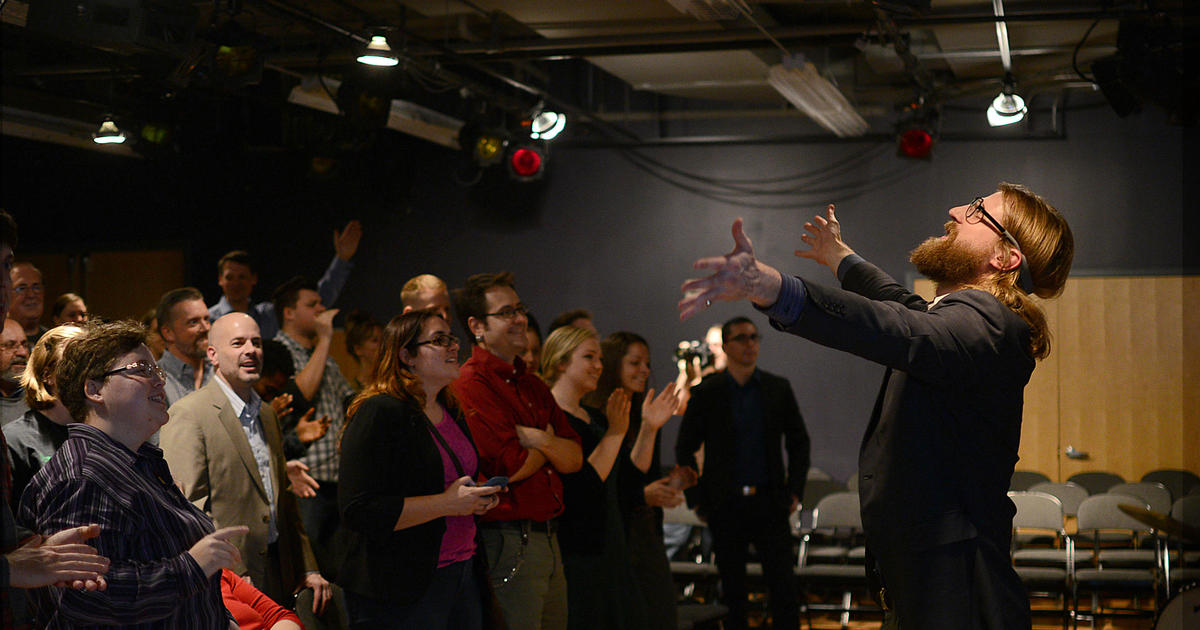Daylight63
Verified User
I placed no limits on the boundaries under which this could be discussed - science, religion, philosophy.
I thought you were very clear that this is not a topic for science. Perhaps I was mistaken?
Most people don't even ask these questions. Most people assume that because we have neurons and neurotransmitters, then somehow somebody must have already explained consciousness and conscience. The right questions don't even occur to them. That's like saying because we see apples fall from trees we must have explained gravity.
Agreed. But when the scientists DO study it, the response will probably look more like my characterization than yours.
We both agree that we don't really "know" how mental states arise. But the reason I feel I am following science moreso is because I am limiting myself to only those things which are objectively real to all of us observers.
1. We have a physical brain
2. We know of NO instances in which a thought exists without a physical brain
3. We know there are things in nature which are irreducible to the atomic level and which represent real world things which are "emergent"
4. We know that by damaging the PHYSICAL brain it is possible to induce all manner of beliefs and mental experiences
There may very well be something else needed to explain it, but merely declaring that there's no way for the 4 things we DO know to somehow result in a mental state does NOT mean it is necessarily true.
And finally: we only have the one brain. This is literally the only thinking organic machine we have available. There's every reason to believe that everything we need to know about how mental states arise is within the physical brain and there's only a small number of reasons for us to hypothesize something "Else". And chief among those reasons is that it "feels" like it is needed. Is it phlogiston?


